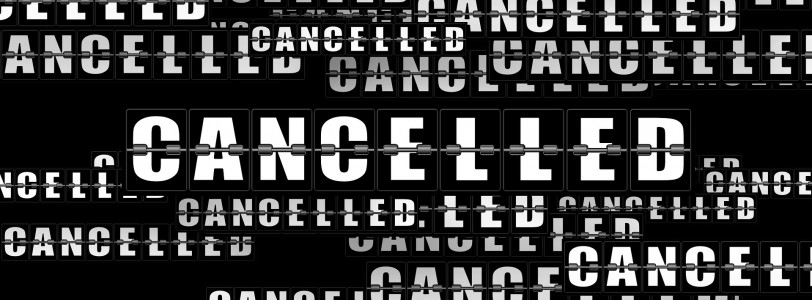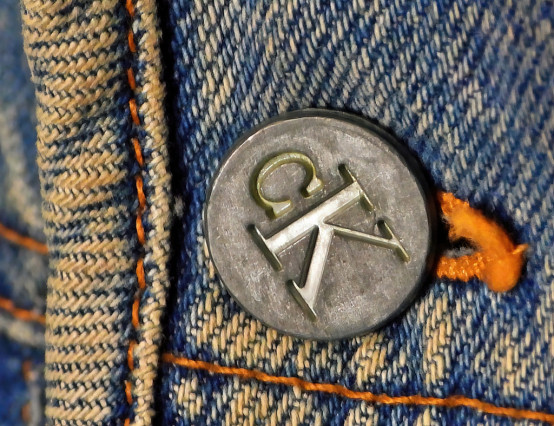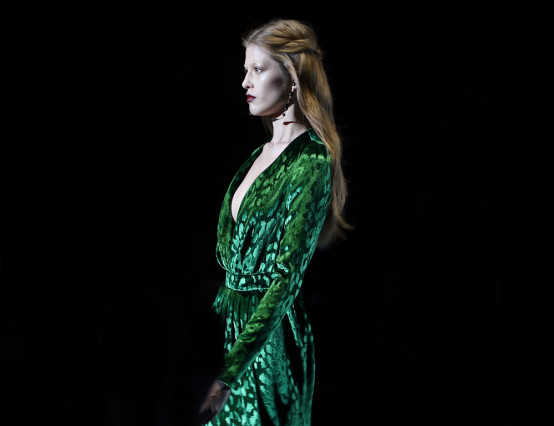Gen Z are often considered to be the masterminds behind the phenomenon known as ‘cancel culture’. Carr and Rogan apologists who have defended them after recent comments suggest they are not wrong, but that those who are criticising them are ‘too soft’.
Jimmy Carr
Jimmy Carr’s Netflix special has recently been making headlines – not because of raving critic’s reviews, but because of a ‘joke’ that he has recently made about the death of at least hundred-thousand Romani’s as part of a genocide carried out by the Nazi’s.
Carr’s ‘joke’, which called the Romani genocide a “positive” of the holocaust, was immediately subject to outrage online. Carr however, doubled-down and since justified his joke as a supposed stance against ‘cancel culture’.
On 5 February 2022, Carr was performing for his ‘Terribly Funny Show’ at Whitley Bay Playhouse, when in response to a heckler professed that because of his ‘joke’ he is likely “going to get cancelled”. Yet, he insisted that he will be “going down swinging” and refused to offer an apology for his comments.
Granted, there is something to be said about the remit of cancel culture and how far it should extend. There are certainly some issues which are more frivolous than others, but racism is not one of them – Carr’s targeting of an already persecuted group is not the crusade against ‘cancel culture’ he thinks it is.
Naturally, Carr’s comments have rightfully attracted criticism from viewers, critics and even government. Boris Johnson’s spokesperson has come out and condemned the ‘joke’ as being "deeply disturbing", a sentiment echoed by Said Javid and Nadine Dorries who had both voiced their condemnation of Carr. That said, a government that is trying to ratify a law that would leave migrant children to drown at sea, headed by a man who uses the serial abuse of children as a cheap shot are hardly a moral authority. Groups which include The Holocaust Memorial Day Trust, The Auschwitz Memorial and Hope Not Hate, have all taken firm public stances against the special and have collectively lobbied for its removal from Netflix.
What is particularly egregious about the comedian’s comments is his attempt to avoid accountability. Carr hides behind his profession of being a comedian and masquerades his racism as satirical comedy. Surely as a professional comedian he can do better, than reaching for the low-hanging fruit and using racism as a way to get a cheap laugh from audiences?
Unfortunately, comedy provides a vector for people like him to get a free pass and avoid accountability. Whilst there is certainly something to be said about the overextension of our so-called ‘cancel culture’, Carr presenting his racist remarks as part of a valiant effort against it are not courageous, but cowardly.
This is not exercising one’s freedom of speech but an attempt to avoid consequences of one’s actions – Carr was wrong to make the ‘joke’ he did and his circumvention of responsibility is equally as egregious, one cannot expect to have freedom of speech and freedom of consequences simultaneously.
Joe Rogan
Joe Rogan in a similar vein has been dominating the headlines but unfortunately for the wrong reasons. Rogan recently found himself in hot water over supposedly spreading misinformation about COVID-19, and is now embroiled in a new controversy after a compilation video circulated of him using the N word. The Joe Rogan Experience is the largest podcast in the world and boasts legions of ardent supporters, who suggested that these clips have been taken out of context or that he was simply quoting something. Yet, there is plenty of evidence available that contextualises his use of the racial slur – such as this Twitter thread.
Rogan, unlike Carr, has since issued an apology but even then attempted to circumvent accountability. Rogan offered his “deepest” apologies and condemned his previous behaviour as being “shameful”, explaining that he “felt sick” watching the compilation and wished that he could withdraw his comments. Yet, he justifies himself by explaining it had been “taken out of context of twelve years of conversations” – insisting that he had used it when quoting others or discussing the usage of the word in pop culture. Rogan, like Carr, demonstrates a reluctance to accept the consequences of his freedom of speech.
India Arie, Grammy winning artist who was the first to post the compilation video up on her Instagram, said she will be removing her music in protest from Spotify; “he shouldn’t even be uttering the word. Don’t even say it, under any context. Don’t say it. That’s where I stand. I have always stood there”. Dwayne 'The Rock' Johnson has similarly come out and denounced his friend’s use of the racial slur, after having defended the multihyphenate when he attracted criticism for spreading disinformation about Covid-19.
There are a number of parallels between the recent controversies surrounding both Rogan and Carr. One of them is the topic of censorship and their respective titan platforms of both Spotify and Netflix, Spotify having reportedly paid approximately $100 million as part of a multi-year exclusivity agreement. Spotify has pulled one-hundred and thirteen episodes of the podcast following the latest controversy, although its head has insisted they will not be removing Rogan.
Rogan like Carr attempts to duck accountability by conceding that whilst he certainly did use this word, that he only did so when quoting others or as part of conversations surrounding its usage within society. The problem is that even in this context he has no right to use the word because he is simply not black. There is often debate around who can use the term, or the context under which the term can be used, but when in doubt it is safe to say that unless you are black you should not be using it. Rogan hosts what is currently the biggest podcast in the world and this comes with certain responsibility, one of them being not to use racist language because it carries the risk of setting a dangerous example. Whether it warrants being ‘cancelled’ is up to the public who collectively act as judge, jury and execution, but every controversy he finds himself in edges him closer to the guillotine.
Are Gen-Z ‘too soft’?
Gen Z in these cases are not too soft; I myself would argue they are actually courageous in their actions. While the comments may have been left unchallenged in years gone by, this is not necessarily a good thing. Their willingness to hold people accountable is a sign of social progression with issues such as racism. Indeed, if they are ‘too soft’ or ‘snowflakes’ then perhaps this is not the criticism which it is meant to be. Yes, there will naturally be circumstances where criticism is perhaps unwarranted and even frivolous - Carr and Rogan’s comments however is not one of them.
This is not cancel culture as much as it is the two personalities facing the consequences of their actions. If they have a right to free speech then people have the right to be offended and hold them accountable. One cannot expect to have the former without the latter – especially with platforms of their size.









0 Comments